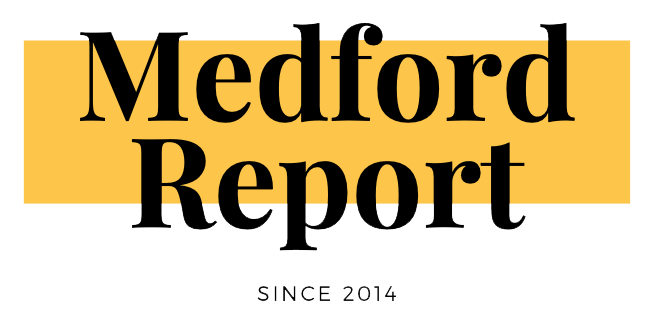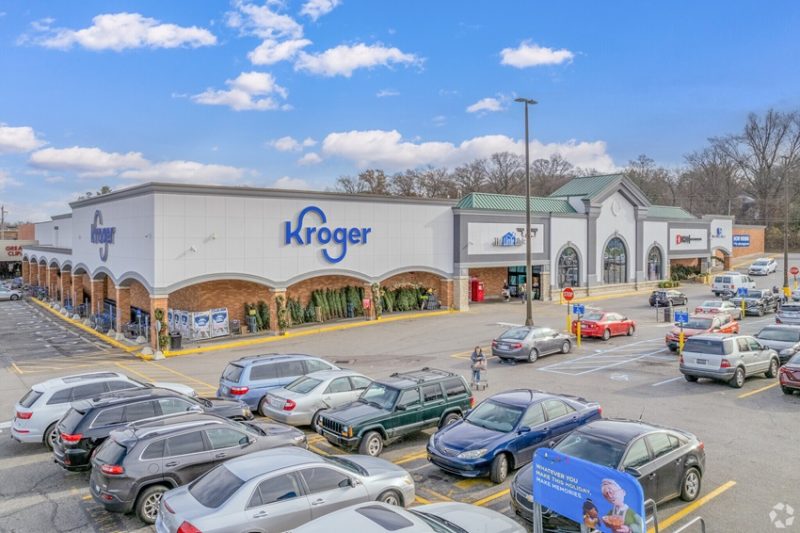Medford, OR – A federal judge in Oregon has blocked the proposed $25 billion merger between Kroger and Albertsons, calling it a threat to competition and consumer welfare. The decision halts what would have been the largest merger in U.S. supermarket history and represents a major setback for the two grocery giants, which had hoped the merger would allow them to better compete with non-unionized rivals such as Walmart, Amazon, and Costco.
The ruling comes after months of scrutiny from antitrust regulators, who raised concerns that the merger would lead to higher prices, fewer choices, and a diminished quality of service for American shoppers. Kroger and Albertsons had argued that combining their operations would allow them to better compete against larger, more diversified retailers that dominate not only the grocery market but also the broader retail sector. However, the judge found that such a merger would harm competition in the grocery market specifically, where the two companies are direct competitors.
The merger, first announced in 2022, sought to unite the fifth and tenth-largest retailers in the country, two companies that collectively operate dozens of supermarket chains, including well-known names like Safeway, Vons, Harris Teeter, and Fred Meyer. While both companies have large, unionized workforces, the proposed merger had sparked concerns about job losses, wage stagnation, and other negative impacts on employees.
In their defense, Kroger and Albertsons argued that the merger would enable them to operate more efficiently, lower prices for consumers, and become more competitive with Walmart, Amazon, and Costco. These companies, they argued, have the advantage of being able to sell a wide range of goods beyond just groceries, something that gives them a significant edge in the market. However, the judge dismissed this argument, ruling that Walmart, Amazon, and Costco are not direct competitors to Kroger and Albertsons, which primarily focus on groceries.
The judge’s ruling effectively blocks the merger in its current form and raises questions about the future of consolidation in the grocery sector. The two companies could still appeal the decision or attempt to restructure the deal in a way that addresses antitrust concerns. However, with the merger now in jeopardy, the future of what was once seen as a transformative deal for the grocery industry remains uncertain.
For now, the ruling serves as a reminder of the growing concerns about the impact of large mergers on consumer choice and pricing in an increasingly concentrated marketplace. While consolidation has been a growing trend in the grocery industry, the blocking of the Kroger-Albertsons deal highlights the importance of antitrust enforcement in maintaining a competitive landscape and protecting consumers from potential harm.

